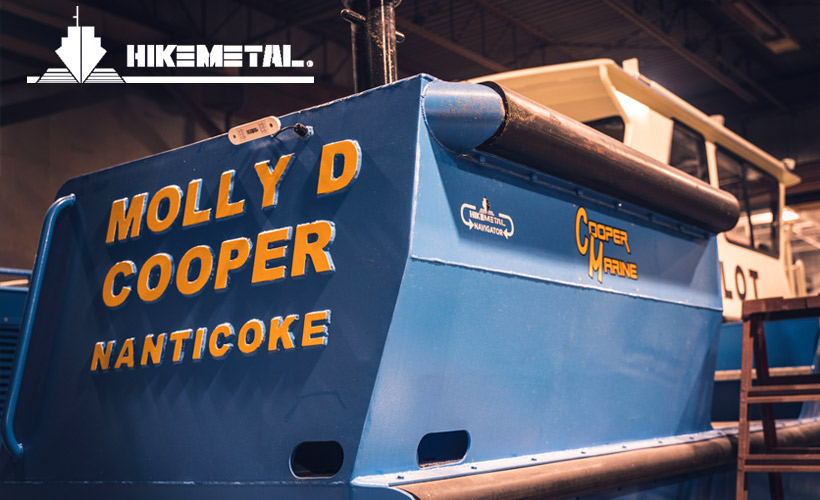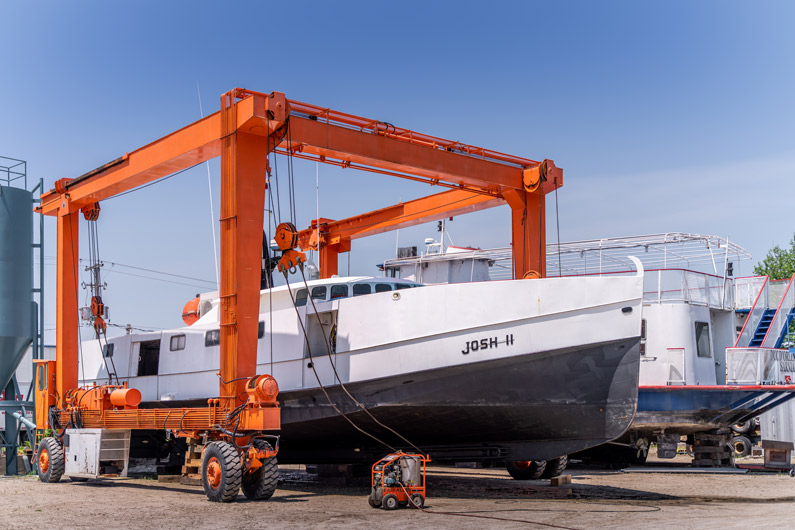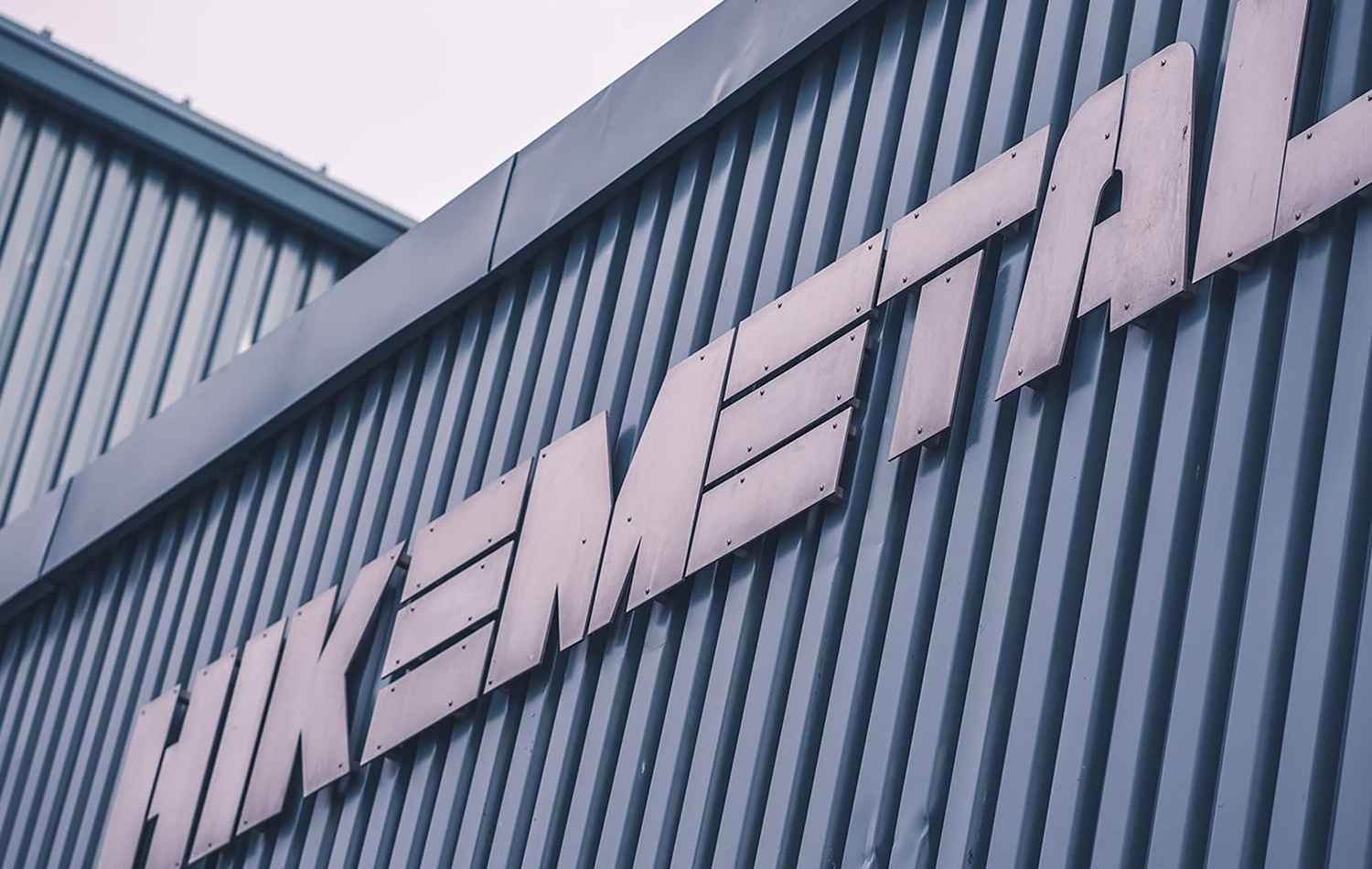Designing and manufacturing a custom-built vessel is an exciting process. Before taking a new vessel out on open water, however, there are several important steps that ensure the vessel and its crew are protected, both financially safe and legally allowed on open waters.
Like any other form of property, it is crucial that boating vessels are covered by insurance. Whether the ship is intended to be used for non-commercial purposes or is going to form part of a fleet of commercial fishing vessels, insurance is as essential as a working navigation system.
Registering and Insuring Vessels Under Construction
Before a vessel has even been manufactured, registering it can be hugely beneficial, especially when applying for a builder’s mortgage. The owner of the future vessel must complete a form called Description of Ship Proposed to be Built. This form will outline the general prescribed purposes of the vessel as well as any special purposes that it will fulfill.
After submitting the form, a number will be supplied that must be displayed on the hull while the vessel is under construction. This functions as a manufacturer license plate.
The shipyard constructing the vessel will have its own manufacturing insurance policy that covers specialty marine operations, ensuring the safety of the staff and their equipment as they construct the ship.
Importing Foreign Vessels
Prior to importing a vessel constructed by foreign manufacturers, it must first obtain a Coasting Trade License from the Canada Border Services Agency. An authorization letter issued by Transport Canada may also be required.
When importing a foreign vessel, it is essential that it meets the emissions standards outlined by Environment and Climate Change Canada as well as Canadian motor vehicle safety standards.
Registering or Licensing Your Custom Vessel
Transport Canada necessitates that all vessels have some form of official documentation. Registering and licensing a vessel are two separate things with different benefits. Whether the vessel qualifies for registration or a license is dependent on its size.
Registering a Vessel
If a pleasure or commercial vessel is over 15 gross tons, it needs to be registered. In most circumstances, the individual registering the vessel must be a Canadian resident.
The benefits of registration include receiving a legal title, a unique name, and an official number for the vessel.
For registration purposes, the vessel must be measured and the owner must supply certain required documents, such as proof of ownership. After these requirements have been met, the Certificate of Registry will be awarded. It must be kept on the vessel at all times for identification purposes. Official identification may be requested by the police service or an insurance broker.
If the vessel has been constructed by foreign manufacturers, the new owner will also have to supply the original bill of sale, which will need to be authenticated by a Canadian office.
Licensing a Vessel
While it is not mandatory, boats under or equal to 15 gross tons can be registered. If they are not, they must instead be awarded a Small Vessel License. The vessel must primarily be operated and maintained in Canada, but there are no citizenship or residency requirements.
Transporting Your Vessel
After the boat manufacturer has completed the construction of a custom vessel, there are several transport options to get it to its desired location.
For smaller vessels, they can be transported over land on a boat trailer. These are specialized trailers that must match the size of the vessel they are carrying. Some manufacturers include a trailer package as part of their overall fee. When fixed to a regulation-sized trailer attached to a licensed vehicle, new vessels can safely be transported to their owner and berthed in the body of water in which they will serve their duties.
There are countless leasing companies that can provide trailers if the vessel did not come with a trailer package. These companies are typically covered by business insurance.
If it is necessary to transport the new ship across a body of water, it can be loaded onto a specialist transport vessel. These vessels are large enough to carry multiple smaller vessels safely and efficiently across a body of water. Before selecting a shipment company, it can be beneficial to check their certificate of insurance to determine how the cargo is protected by their insurance policies.
Insuring Your Custom Vessel
No vessel can come with a lifetime warranty. Through accidents, natural wear and tear, and extreme weather, vessels can be damaged. Paying for boat insurance guarantees that if a vessel suffers from a mechanical breakdown or is involved in an accident, it can safely be retrieved and repaired, either by the original manufacturer or another shipyard.
The vessel regulations outlined by the Canadian government may differ from foreign requirements. As such, if the vessel has been constructed by a foreign vehicle manufacturer, the insurance quote may be higher.
Choosing a licensed insurance provider that specializes in vessel insurance is the surest way to know that a ship will be fully protected should an accident befall it. The basic terms of insurance coverage should include repairs of damage caused by both natural and man-made disasters, as well as physical loss or damage to the hull and onboard machinery.
Final Thoughts
Taking out a marine insurance policy and considering whether a new vessel qualifies for registration or licensing is the surest way to get the most out of it whilst also ensuring that it is fully protected. Meeting the legal requirements outlined by Transport Canada is as important as exploring several marine insurance solutions.
When considering custom ship design it is important to take all these factors into consideration and to talk to the experts. Contact the team at Hike Metal to learn about their unique approach to custom vessel design and how they resolve issues regarding transport and insurance.



